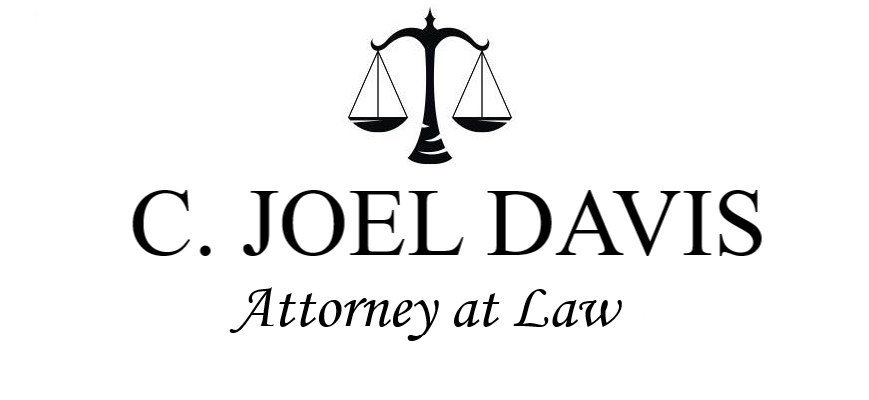On Monday, Georgia’s Supreme Court affirmed the constitutionality of O.C.G.A. § 42-5-36(d), known colloquially as Georgia’s “Lethal Injection Secrecy Law.” The law, passed in 2013, operates to, among other things, keep the drugs used in Georgia’s lethal injection executions a “state secret,” which are not available to the general public or even the condemned themselves.
Warren Lee Hill was sentenced to death for beating a fellow inmate to death in the 1990s. His attorneys filed a constitutional challenge to O.C.G.A. § 42-5-36(d) on the grounds that Hill’s due process rights were violated by keeping the ingredients that were to be used in his execution secret from him and also alleged that such a concoction would likely subject Hill to cruel and unusual punishment, contrary to the Constitution.
In a 5-2 decision affirming the constitutionality of keeping the drug a secret, Georgia’s Supreme Court noted that the need for privacy was “obvious” to prevent potential harassment against the manufacturers and distributers of such drugs. Satisfied that “Georgia’s execution process is likely made more timely and orderly” by maintaining such secrecy, the Court concluded that certain efficiency in executions is more valuable than potential privacy and cruelty concerns to a defendant.
Although reasonable privacy safeguards and judicial economy are laudable goals in the criminal justice system, it’s discouraging to see our state’s highest court so easily dismiss the very real concerns of Hill and others on Georgia’s death row. The state is granted extraordinary power in the ability to sentence citizens to death; and with such power comes great responsibility to ensure that the rights of all are zealously protected, even those condemned to die.
A full text of the Court’s decision can be found here:
http://www.gasupreme.us/sc-op/pdf/s14a0092.pdf
